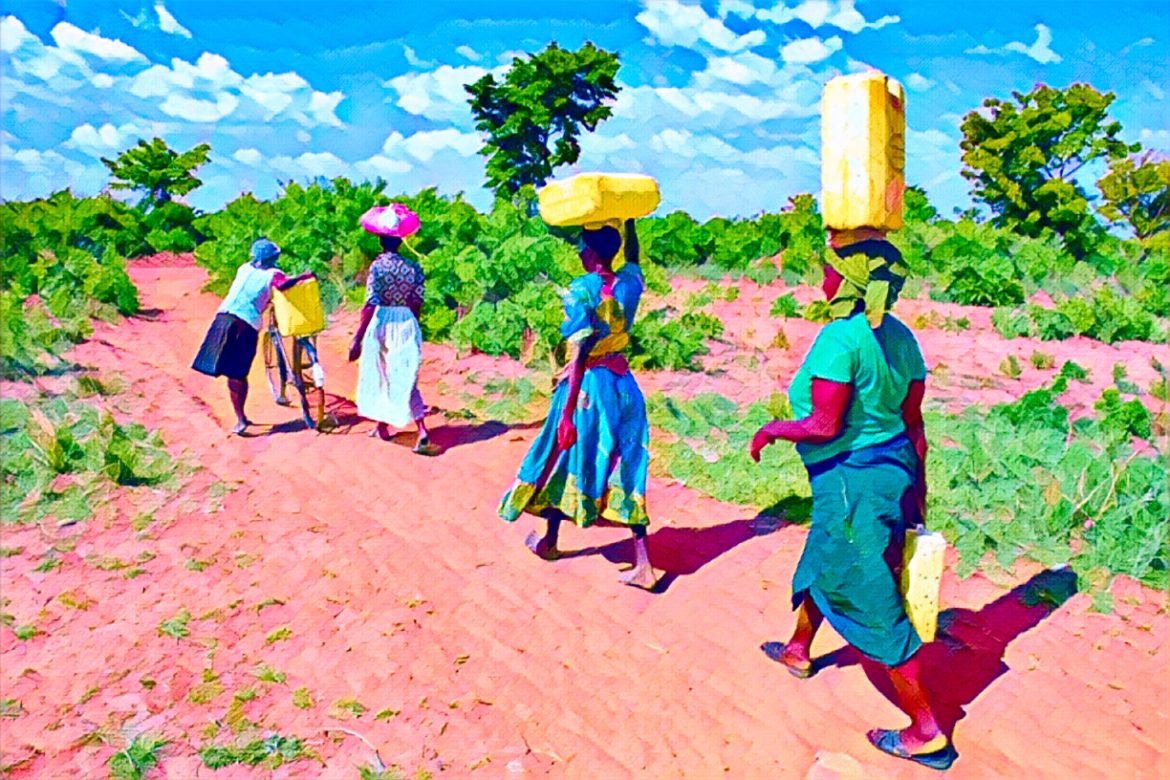KEY POINTS
- NGOs enhance agricultural productivity through technical assistance and infrastructure investments.
- Food security and nutrition are improved via climate-resilient livelihoods and economic development programs.
- Education and skill development initiatives empower rural communities and promote sustainable development.
Most of the rural areas of Zimbabwe suffer various challenges like poverty, inadequate food production, and services issues among others, despite having the largest population of people.
Many non-governmental organizations (NGOs) have taken an active role in addressing these questions, which carry out practices that ensure that development is sustainable, and standard of living for the rural populace is enhanced.
Enhancing agricultural productivity
Agriculture is the backbone of Zimbabwe’s rural economy. NGOs like the International Fund for Agricultural Development (IFAD) have initiated projects aimed at transforming small-scale agriculture.
For instance, the Smallholder Agriculture Cluster Project (SACP) seeks to increase productivity and rural incomes for 78,000 vulnerable households by providing technical assistance, matching grants, and infrastructure investments.
Improving food security and nutrition
Food insecurity remains a pressing issue in Zimbabwe’s rural regions. Organizations such as CARE International focus on food and nutrition security by implementing programs that empower vulnerable households to meet their basic needs.
These initiatives include climate-resilient livelihoods and economic development projects that enhance access to nutritious food.
Promoting education and skill development
Education is crucial for sustainable development. NGOs like World Vision Zimbabwe have been operating since 1973, providing assistance to children’s homes and offering relief to Zimbabweans in camps and institutions.
After independence in 1980, their focus shifted to rehabilitation and small-scale development programs, emphasizing education and skill development to empower rural communities.
Enhancing water, sanitation, and hygiene (WASH)
Access to clean water and proper sanitation is vital for health and well-being. NGOs have been instrumental in implementing WASH programs in rural Zimbabwe.
For example, CARE International’s initiatives include constructing solar-powered boreholes and promoting hygiene practices to prevent waterborne diseases.
Supporting economic empowerment and livelihoods
Economic empowerment is key to reducing poverty. Hand in Hand Zimbabwe (HHZ) has created over 14,000 jobs for rural people through interventions that increase economic opportunities.
Their programs focus on helping resource-limited and marginalized individuals, particularly women and youth, to create better livelihoods for themselves and their families.
Addressing health challenges
Health services are often limited in rural areas. NGOs like Médecins Sans Frontières (MSF) provide essential medical care, including malaria and dengue prevention, to underserved communities.
Their efforts have been crucial in addressing health challenges and improving overall well-being in rural Zimbabwe.
Building resilience to climate change
Climate change is a real threat to the world and especially affecting the rural lives. Some of the programs that NGOs are currently undertaking are used in enhancing resilience to shocks occasioned by climatic variations.
For instance, the Smallholder Irrigation Revitalisation Programme (SIRP) targets to address food and nutrition insecurity, climate change impact, and other poverty related shocks through irrigation schemes’ rejuvenation plus sustainable productive practices.


